

Health workers from 16 Pacific Island nations gathered in Honiara recently for the PacMOSSI workshop to strengthen the fight against mosquito-borne diseases.
Photo/jcu.edu.au
Pacific island nations unite to fight dangerous mosquitoes after big dengue fever outbreak
Health teams from 16 nations met in Honiara to build stronger surveillance skills and protect communities from rising mosquito-borne disease threats.


Inked across lands: How Pacific tattoo art is thriving in Germany

US funding cuts threaten to 'dry up' future of Pacific scientists - expert
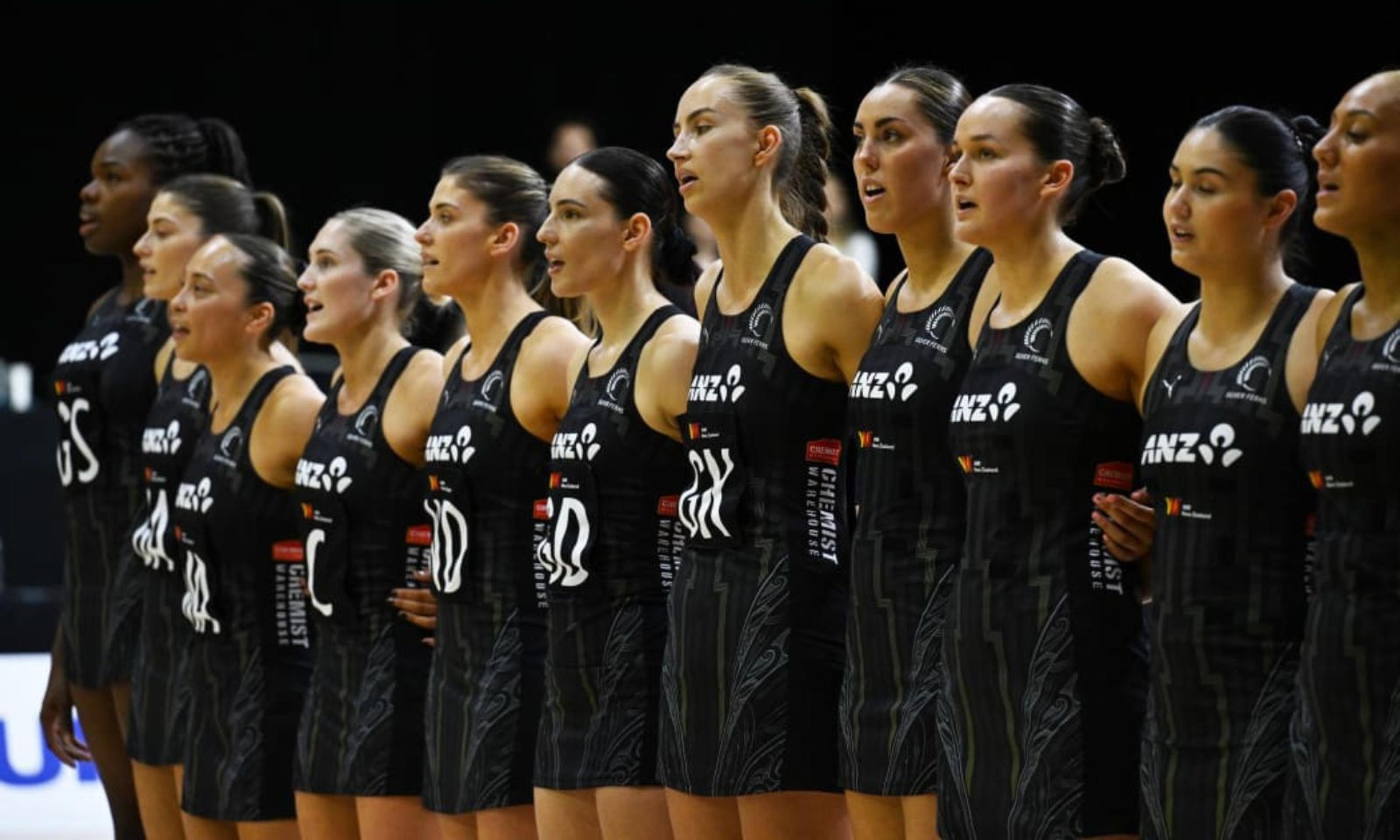


Inked across lands: How Pacific tattoo art is thriving in Germany

US funding cuts threaten to 'dry up' future of Pacific scientists - expert

Health leaders from 16 Pacific Island nations gathered in Honiara last week for a hands-on workshop organised by James Cook University (JCU) and regional partners, with one clear goal: to boost the fight against Aedes mosquitoes that spread dengue, Zika, and chikungunya.
The training, called “Aedes Surveillance for Action”, was part of the 2025 Pacific Mosquito Surveillance Strengthening for Impact (PacMOSSI) programme.
It brought together health inspectors, environmental officers, researchers and other experts for practical lessons in catching, identifying and analysing mosquitoes, and then designing smarter control strategies.
Earlier this year, the Pacific saw one of its worst dengue outbreaks in a decade, underscoring how dangerous mosquito-borne viruses have become in the region.
According to Pacific health data, more than 16,500 laboratory-confirmed dengue cases and 17 deaths have been recorded in 2025 so far.
Some of the hardest-hit islands include Sāmoa, which has reported over 5600 cases and six deaths. Fiji has also been hit hard, with almost 11,000 suspected cases and eight deaths. Tonga has reported more than 800 confirmed cases and three deaths.
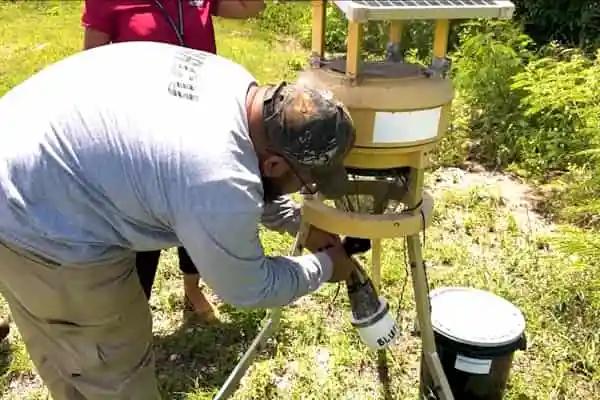
Examining mosquito traps and learning how to identify Aedes breeding sites are key aspects of the work staff at a Mosquito Research and Control Unit do. Photo/caymannews
Climate change, increasing travel between islands, and rapid urban growth are being blamed for making dengue outbreaks more likely and more severe.
Dr Nemia Bainivalu, Deputy Secretary for Health Improvement in the Solomon Islands Ministry of Health, says the workshop is “both timely and vital". In a statement, he also thanked the funders and technical partners.
“Across the Pacific and globally, mosquito-borne diseases such as dengue, Zika, and chikungunya are re-emerging threats, intensified by climate change, rapid urbanisation, increased human mobility, and changing rainfall patterns. This partnership demonstrates how science, cooperation, and solidarity can come together to strengthen regional health security.”
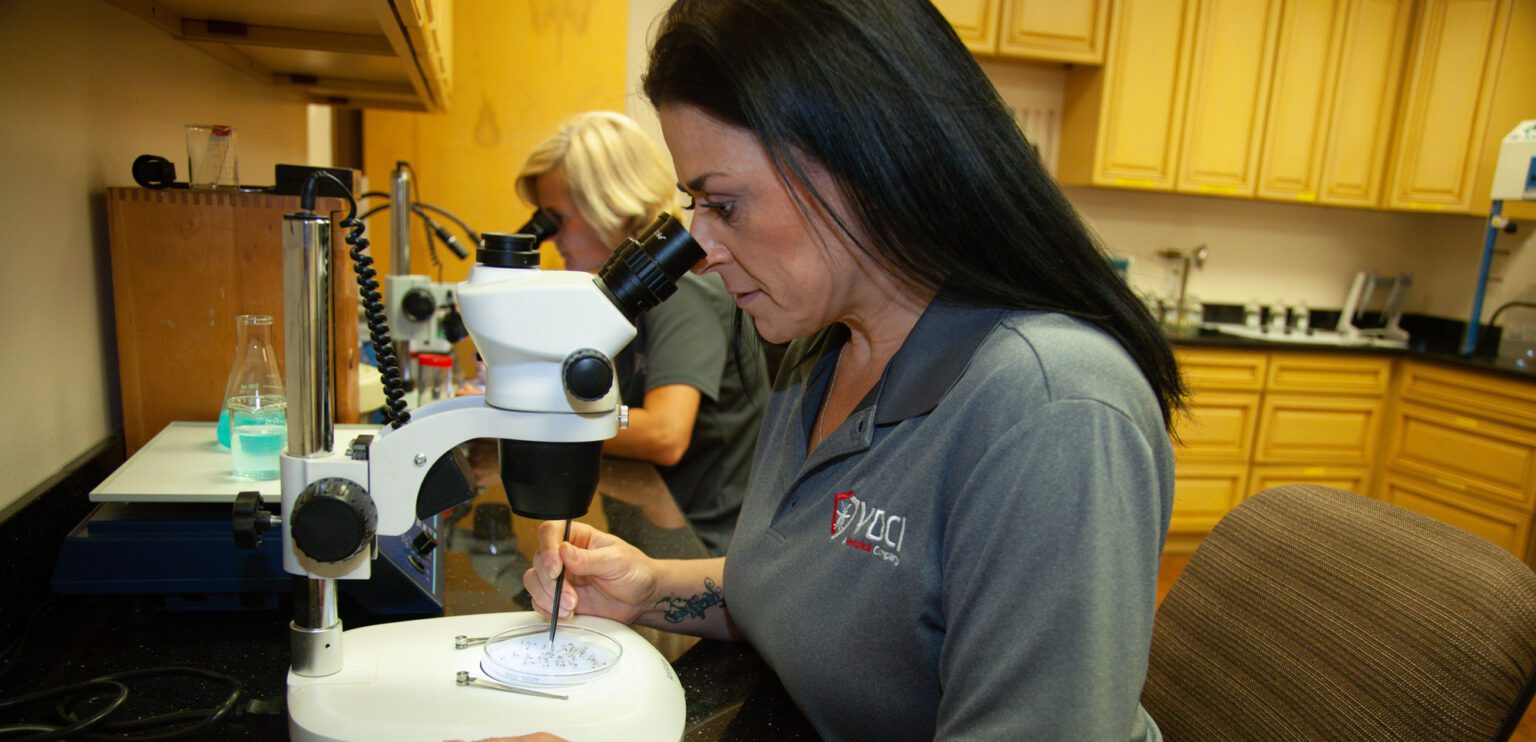
Hands-on lab work teaches teams how to identify mosquito species that spread dengue, Zika and chikungunya. Photo/vdci.net
The biggest threats: Which islands are most at risk
Among the Pacific nations, the island states facing the most serious dengue threat this year include:
Samoa: More than 5600 confirmed cases, and at least six deaths. According to the World Health Organization (WHO) and local health officials, under-15-year-olds have been particularly hard hit.
Fiji: Nearly 11,000 suspected cases in 2025 and several deaths, though the outbreak has recently declined.
Tonga: More than 845 confirmed cases since February, and three dengue-related deaths.
Other islands under alert: Kiribati, Nauru, Tuvalu, the Cook Islands, and French Polynesia.
According to the regional disease-surveillance map, both DENV-1 and DENV-2 dengue virus types remain active in some island nations.
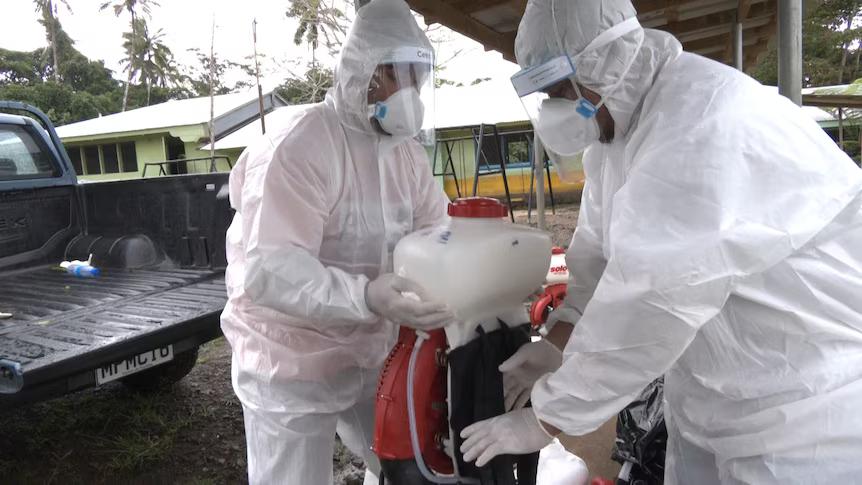
Sāmoa is spraying school areas and buildings as part of a nationwide dengue prevention effort. Photo/Ministry of Health, Sāmoa
What Solomons workshop will do for the region
The Honiara workshop was theoretical training, and the participants did field work, lab analysis, and strategy planning so they could return home better prepared.
Experts from JCU, the QIMR Berghofer Institute in Brisbane, Institut Pasteur in New Caledonia, and the Solomon Islands National University led the training.
One of the important long-term goals of the workshop is to build up regional health security by sharing data on mosquito populations and how they respond to insecticides.
Pacific islands can better tailor their control efforts, as Dr Tessa Knox, of JCU, says resistance to insecticides is growing, and many countries lack recent data on how bad it is.
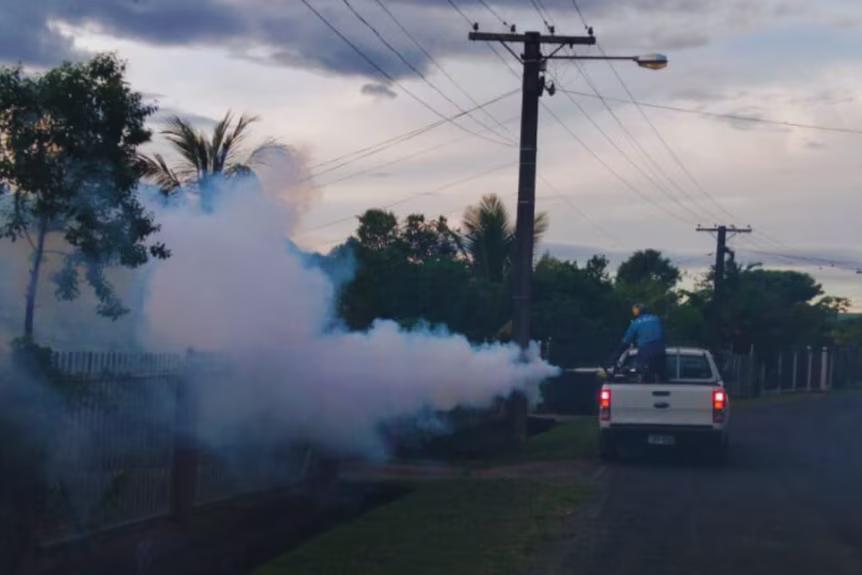
In Fiji, the WHO's July data showed the spread of the disease was highest. Photo/Fiji's Ministry of Health & Medical Services
Stronger Together: A regional response
Health leaders stress that no island can fight this alone. Bainivalu thanked key local partners in the Solomon Islands, including Albino Bobogare and Charles Butafa from the National Vector Borne Disease Control Programme, and Dr Hugo Bugoro and Dr Edgar Pollard from the Solomon Islands National University.
Support for the PacMOSSI effort comes from a broad set of international partners, including the governments of Australia, France, and New Zealand, as well as the European Union via the Pacific Community (SPC).
Bainivalu says their help provides funding, technical expertise, and continuity for mosquito surveillance.
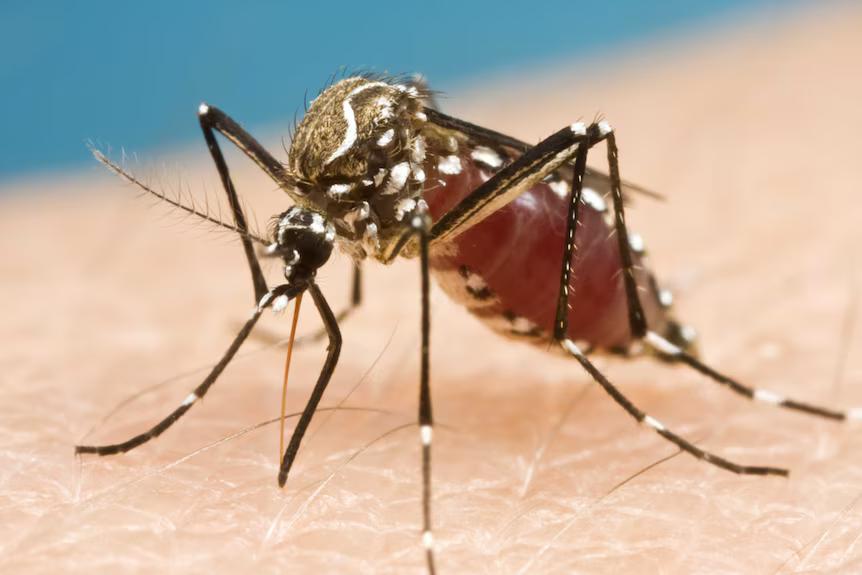
The Aedes aegypti is the primary spreader of dengue, the most common mosquito-borne disease worldwide. Photo/NSW Health Pathology/Stephen Doggett
What’s next
By building local capacity across 16 countries, this workshop strengthens long-term surveillance.
Countries will be better equipped to detect changes in mosquito populations. For example, when mosquitoes become more resistant to insecticides.
Coordination across the region means lessons learned in one place. For example, the Solomons can help another country like Sāmoa more quickly.
Better mosquito control can reduce the risk of future outbreaks and save lives.
Experts say that as climate change makes the Pacific hotter, wetter, and more unpredictable, the risk of mosquito-borne diseases like dengue is only growing.
One analyst says the PacMOSSI workshop is a concrete step toward a safer, better-prepared Pacific, showing that science, cooperation, and solidarity can make a real difference.